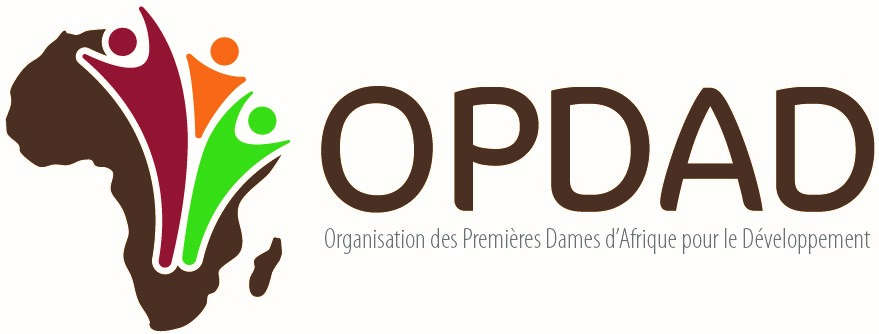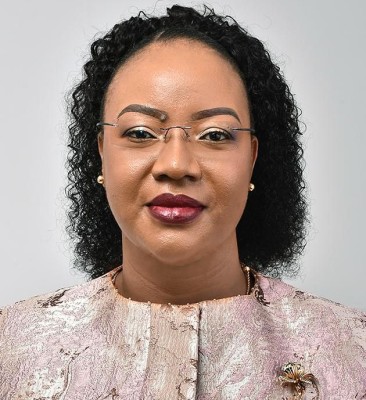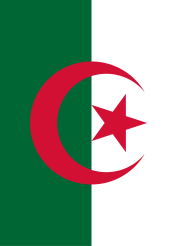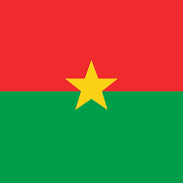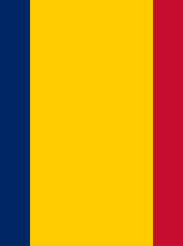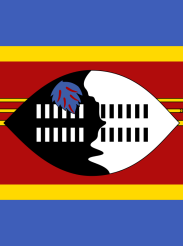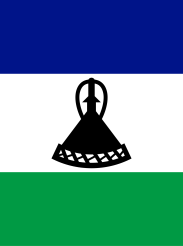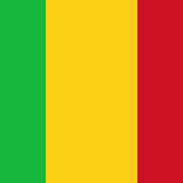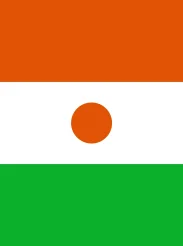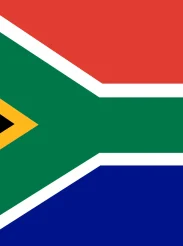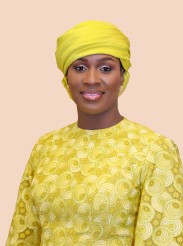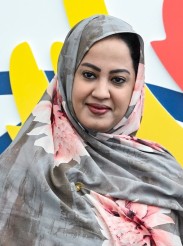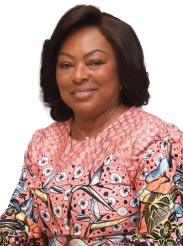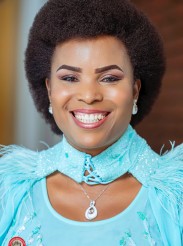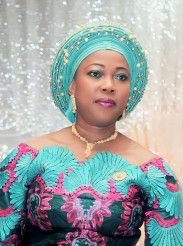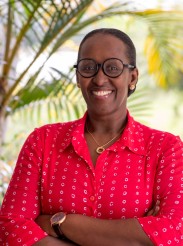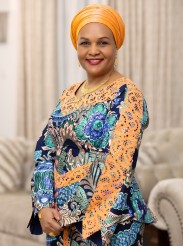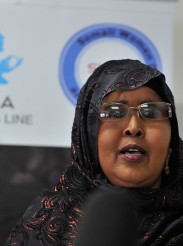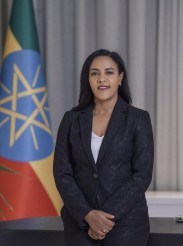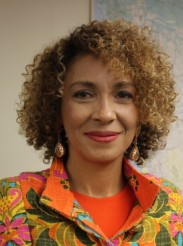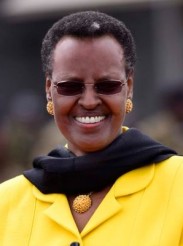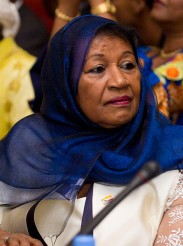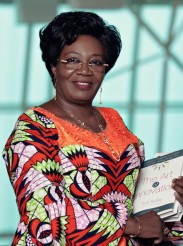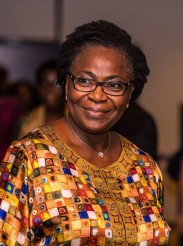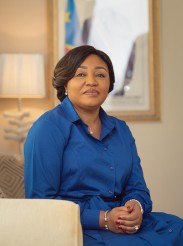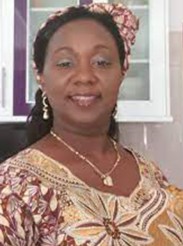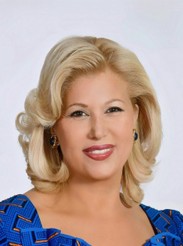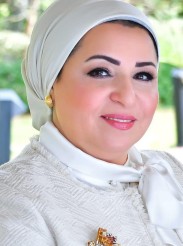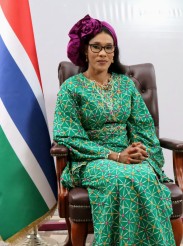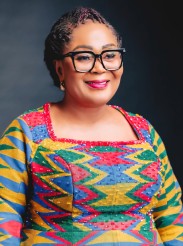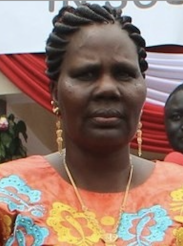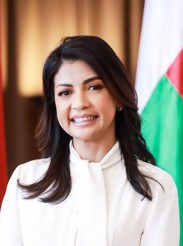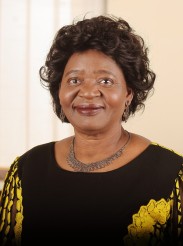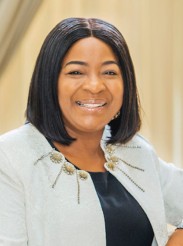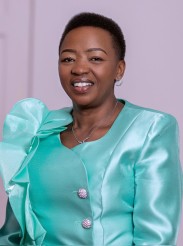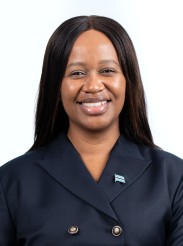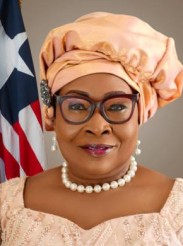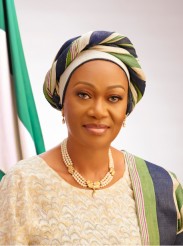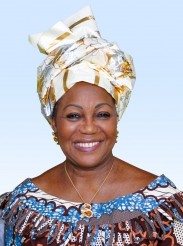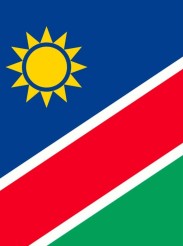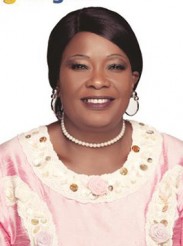Première Dame de la République du Mozambique
S.E. Madame Isaura Gonçalo Ferrão Nyusi est titulaire d'une licence en gestion des ressources humaines et d'une licence en communication sociale. Sur le plan professionnel, IsauraFerrão Gonçalo Nyusi a d'abord travaillé dans l'éducation, puis pour la compagnie ferroviaire MozambiqueRailways. Elle a ensuite travaillé pour l'Institut national de gestion des catastrophes, dans la province de Maputo. En tant que professionnelle, elle a suivi plusieurs cours de renforcement des capacités, en particulier des formations en comptabilité et en gestion des ressources humaines.
H.E. Madam Nyusi’s vision is of a society of peace, harmony, and social justice. A society that has the person at the core of every action and that values the creative potential and the participation of each Mozambican towards development. In pursuing her mission and vision, H.E. Madam Nyusi recently became the Patron of the Model Maternity and Wards Certification in Mozambique, a Ministry of Health initiative. In February 2016, she was proclaimed the President of the Organizaçãoda Mulher Moçambicana (OMM). In the exercise of this function, her priorities are centered on actions which aim (i) to fight poverty; (ii) to promote economic growth and development of underprivileged people; and (iii) the empowerment of women by encouraging their active participation in the political, economic, social and cultural area
H.E. Madam Nyusi’s vision is of a society of peace, harmony, and social justice. A society that has the person at the core of every action and that values the creative potential and the participation of each Mozambican towards development. In pursuing her mission and vision, H.E. Madam Nyusi recently became the Patron of the Model Maternity and Wards Certification in Mozambique, a Ministry of Health initiative. In February 2016, she was proclaimed the President of the Organizaçãoda Mulher Moçambicana (OMM). In the exercise of this function, her priorities are centered on actions which aim (i) to fight poverty; (ii) to promote economic growth and development of underprivileged people; and (iii) the empowerment of women by encouraging their active participation in the political, economic, social and cultural area
